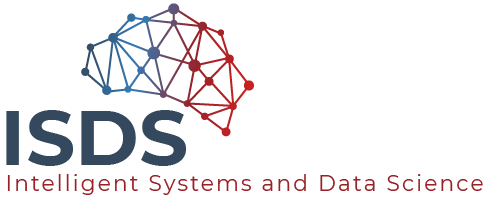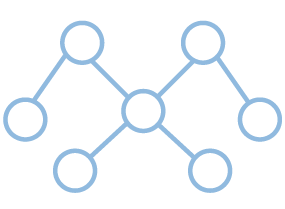AIDA: a Knowledge Graph about Research Dynamics in Academia and Industry
ABSTRACT: Academia and industry share a complex, multifaceted, and symbiotic relationship. Analysing the knowledge flow between them, understanding which directions have the biggest potential, and discovering the best strategies to harmonise their efforts is a critical task for several stakeholders. While research publications and patents are an ideal media to analyse this space, current datasets […]



 Scholarly Knowledge Mining
Scholarly Knowledge Mining
 Digital Humanities
Digital Humanities
 Data Science
Data Science
 Smart Cities and Robotics
Smart Cities and Robotics
You must be logged in to post a comment.